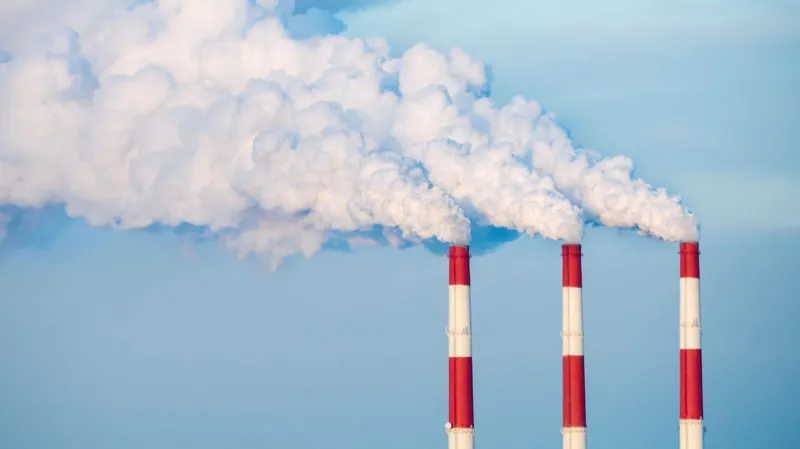Greenhouse gas emissions in the Republic of Ireland have reached their lowest level in three decades, as reported by the Environmental Protection Agency (EPA). In 2023, nearly all sectors saw reductions, leading to an overall decrease of 6.8% in emissions. This significant drop, the largest outside of recession years, marks the second consecutive annual decline. Despite this progress, Ireland remains “well off track” to meet its EU and national 2030 targets, according to the EPA.
Laura Burke, EPA director general, described the findings as “significant,” highlighting the impact of climate action and decarbonization measures across the economy and society. The energy sector experienced the most substantial decrease, with emissions falling by 21.6%. This decline was primarily due to a 12-fold increase in imported electricity, a higher share of renewable energy, and reduced use of coal, oil, and peat.
Ms. Burke noted the positive impacts of increased renewable energy, reduced fossil fuel use in home heating, decreased nitrogen fertilizer use in agriculture, and more biofuel in transport. While the data shows progress towards the 2030 climate ambition of a 51% reduction, Ireland still needs to accelerate its efforts to meet EU and national targets. She emphasized the importance of maintaining and building on the current momentum.




